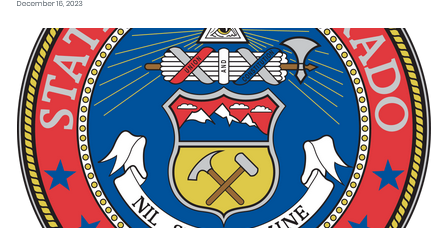
Navigating Colorado’s Squatting Laws: Your Legal Handbook
Squatting has become a widespread problem in Colorado and lots of pieces of the United States. Squatters are those who occupy empty or deserted components minus the owner’s permission, and for a lengthy time period. Squatting may cause many difficulties, which includes property injury, uninvited guests, and unlawful routines that could damage the colorado squatters rights.
It is essential to recognize Colorado’s squatting laws and regulations, while they define the legal rights and obligations of the home owner along with the squatter. With this blog, we’ll offer a extensive manual on Colorado’s squatting regulations in order that you’ll understand what steps to consider as a house owner or know your responsibilities if you’re squatting.
Exactly what is Squatting?
Squatting is the action of occupying a house belonging to another person without their authorization. Squatters can access your property through various signifies, including splitting in, having an unlocked entry, or being invited by one more squatter. In Colorado, like other says, squatting is prohibited.
Colorado Squatting Laws
Colorado laws prohibit squatting and define it as being legal trespassing. Criminal trespassing can be a misdemeanor that brings approximately 18 months of prison time. The laws and regulations demand homeowners to inform the squatter that they are not certified being around the home. In case the squatter doesn’t leave the home after getting the discover, the homeowner can phone the authorities to take out the squatter.
Steps to Take as being a Property Owner
Like a property owner, you need to take certain actions to protect your privileges which will help prevent squatters on your own property. Several of the measures you should acquire incorporate trying to keep the property protected, submitting No Trespassing indicators, and getting in touch with law enforcement if you think somebody is squatting on your own home. Also you can consider court action against the squatter should they injury your property or participate in illegal pursuits.
What happens if You’re Squatting?
If you’re squatting on someone’s residence in Colorado, you ought to be mindful of your requirements. Squatting is prohibited, and you can deal with legal expenses in case the manager reports one to the cops. If you’re squatting, the ideal strategy is usually to keep the property immediately and steer clear of any adverse interactions using the property owner or police force.
Conclusion
To summarize, squatting is a type of illegal trespassing, and Colorado’s regulations prohibit it. Being a property owner, you should make a plan to guard your property and notify squatters that they are not authorized to be on your home. If you’re squatting, it’s vital to know your responsibilities and leave the house immediately to protect yourself from legitimate issues.
In summary, comprehending Colorado’s squatting laws and regulations is vital for homeowners and squatters. By simply following these laws and regulations, you’ll know your proper rights and obligations, and you could steer clear of lawful problems which could come up from squatting. So, home owners, protect your home, and squatters, steer clear of squatting to keep in the bounds of the rules.



